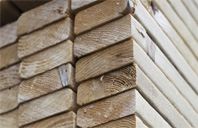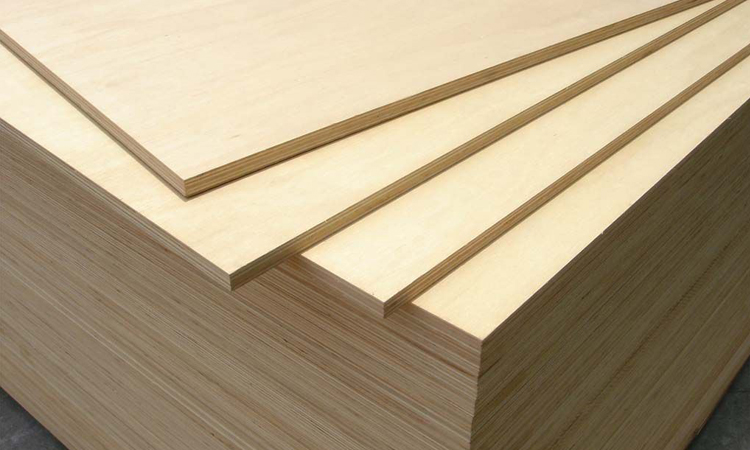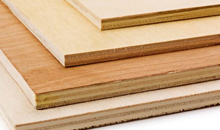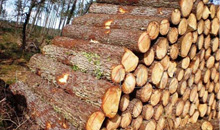
The value of United States hardwood exported to China rose 4.8 percent year-on-year to $520 million between January and April. That was thanks to China's fast-growing real estate and eco-friendly building materials markets, said the heads of US exporters.
"Rising wages in China have created an exploding middle class, and new, additional demand for US hardwood products," said John Chan, regional director for Southeast Asia and China of the American Hardwood Export Council. "All the new homes, hotels, shopping centers, restaurants and office blocks being built in China need flooring, cabinetry, doors and windows, as well as building materials made using wood products," he said. "The potential is immense."
Exports of US hardwood products to China in 2015 were valued at more than $1 billion, and have more than doubled over the past five years.
Mike Snow, executive director of the Washington DC-based AHEC, said because both China and the United States have made public pledges in recent months to curb carbon emissions, there will be opportunities for the US exporters to grow markets and see continued demand in China.
"Forest expansion in the US is another encouraging reality for the Chinese furniture and building industries, which depend on a stable source of raw materials to satisfy growing Chinese demand," said Snow.
AHEC represents more than 100 US hardwood companies and all major US hardwood production trade associations. It has a regional branch in Hong Kong, China to coordinate business in both China and Southeast Asia. The China and Southeast Asia regional market, which covers China, Indonesia, Malaysia, Singapore, Thailand and Vietnam, is the largest export market for US hardwood producers and accounted for 53 percent, or $621 million, of global exports between January and April this year, with China alone representing 44 percent of these exports, data from the foreign agricultural service of the US Department of Agriculture shows.
"New technologies including 'cross-laminated-timber' and 'thermally modified timber' have begun to open even more uses and applications for sustainable US hardwoods in the construction and exterior markets in both China and the US," said Scott Bowe, a professor at the University of Wisconsin. He said these solutions certainly can help in replacing materials with much higher environmental impacts, such as steel, concrete, aluminum and plastics.
(Source: China Daily Author: Zhong Nan)



























 沪公网安备31010402003309号
沪公网安备31010402003309号